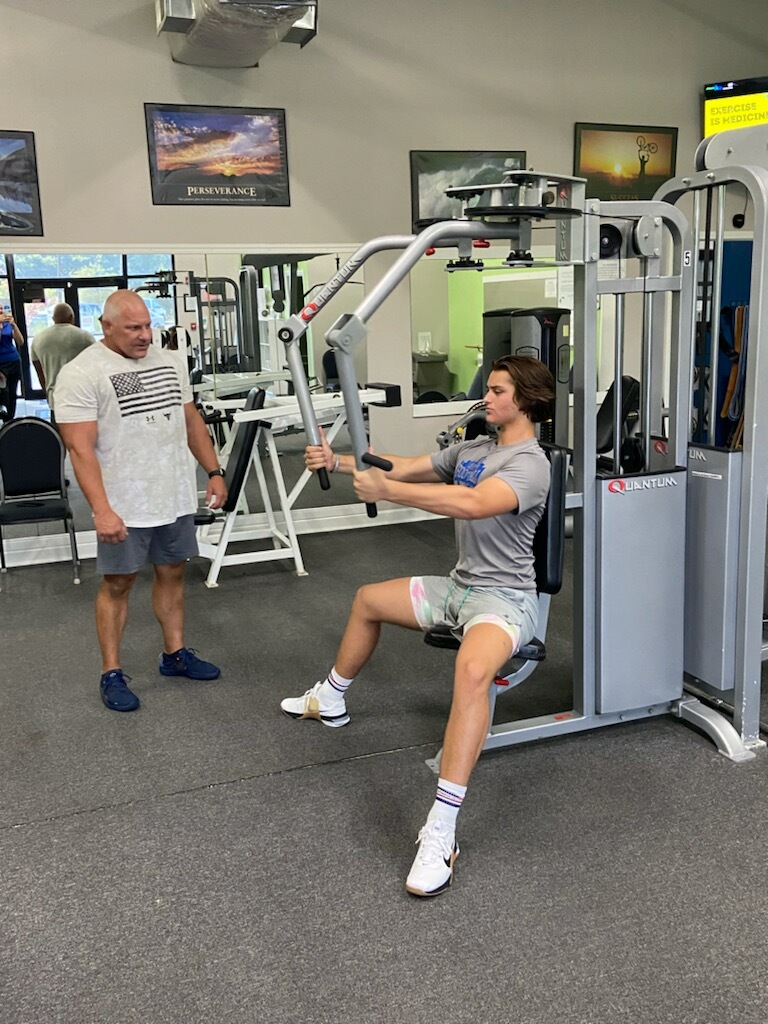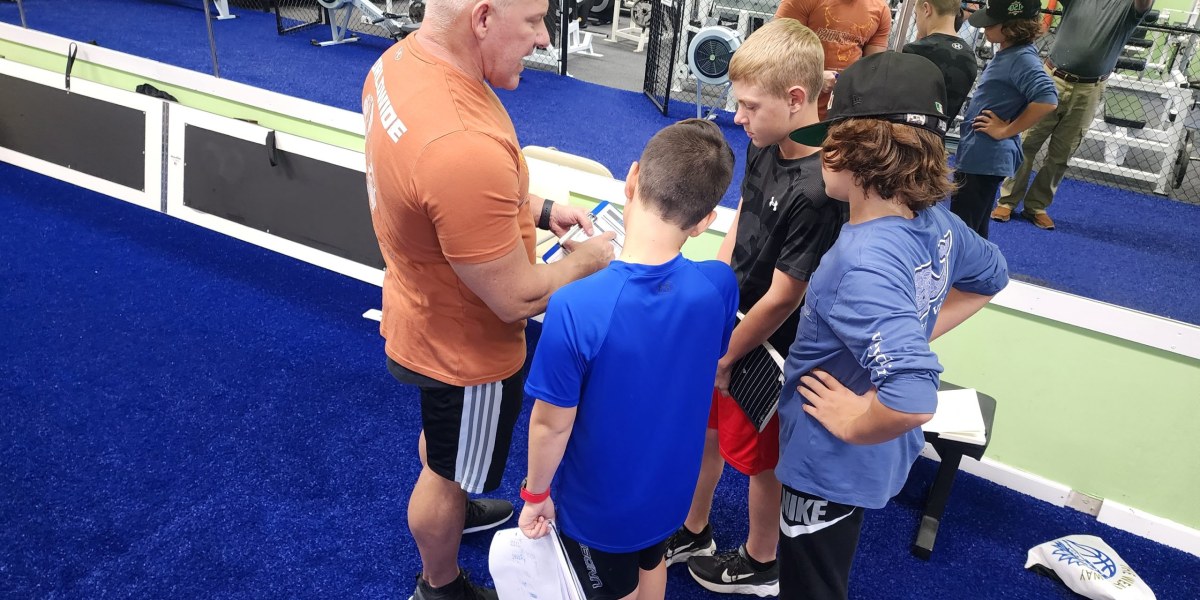As early as middle school, training focuses on how kids can best move their bodies

Training can begin in middle school, focused on basic running, jumping and landing mechanics. Make sure the intensity is right for your child’s age and skill level.
When kids get active in sports or training, the benefits are clear. They’ll build self-esteem, get better grades, develop leadership skills and form friendships. This is in addition to the great physical health benefits they’ll reap.
There can be downsides. Too much training or competition can be stressful, especially for young kids.
It’s possible for your child to experience the good without the bad.
Where to begin
Introduce your child to a sport and intensity level that’s age- and skill-appropriate.
Training can begin in middle school. At first, kids should focus on learning how to use their bodies. Start with practicing basic running, skipping, jumping and landing mechanics.
Avoid pressuring them to choose a single sport to focus on too early. Children should play a variety of sports to develop a strong foundation of athletic skills. When they pick a primary sport, this foundation can make them a better and healthier overall athlete.
Choosing a sport and training program
Pay attention to cues from your child about what they want. As a teen, they may want to focus on one or two sports. You can provide encouragement and even help them find a specialized training program for their sport of choice.
If your child is interested in a training program, do your homework. Your child’s training program should be based on best practices and research, not guesswork.
Find a program with a team that has all the right certifications and experience. Young athletes should learn techniques based on scientific principles and backed by national organizations.
These programs should also be designed around your child’s specific needs. Look for programs that test athletes before and after the training program, such as Alpha Athletics. This shows kids exactly what they’ve accomplished.
When to take a step back
If your child seems overwhelmed, it might be time to take a different path, either temporarily or permanently. Pushing too hard can cause burnout and puts kids at a higher risk of injury.
Variety can help prevent burnout and stress. In the off-season, introduce a different activity that complements their chosen sport. For example, football players get great benefits from yoga.
The bottom line is children aren’t small adults. To keep your child happy and healthy, pay attention to their behavior and talk to them about how they’re feeling. Make sure they know it’s OK to feel overwhelmed and ask for a break.




